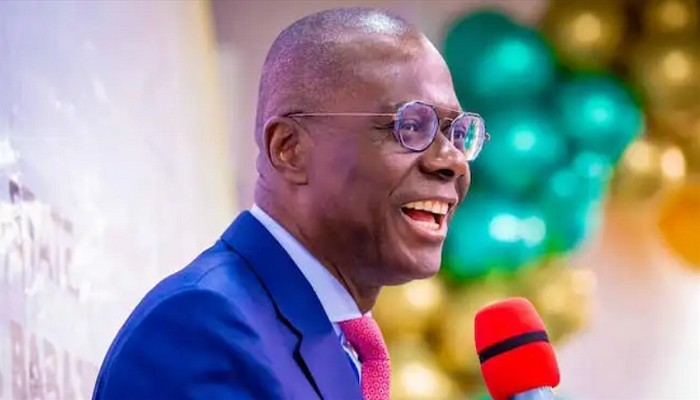
The Lagos State Chairman, Nigeria Labour Congress (NLC), Mrs Funmi Sessi, on Thursday proposed N794,000 as minimum wage for the average Nigerian worker.
She made the declaration during the South-West Zonal Public Hearing on the National Minimum Wage held in Lagos.
The hearing, organised by the Tripartite Committee on National Minimum Wage, was one of the six held simultaneously across the six geo-political zones of the country.
According to her, it is expedient to consider the current cost of living in Nigeria when determining the Wage.
“The cost of essential services such as food, housing, transportation, healthcare, education has risen tremendously.
“It has risen astronomically, making most of these services and goods out of the reach of the workers presently.
“A quick analysis on the cost of living for a family of six include food: with the increase in cost of food items, each person will have to spend about N1,000 each on breakfast, lunch and dinner, “ she said.
Sessi urged the Federal Government to live up to its responsibilities by bequeathing a decent, befitting and a living wage to its workers.
She said that such would restore the pride and glory of the country, back to the comity of countries that pay a decent wage to its workforce.
“By this, government will be able to retain its best brains and reduce attrition or “Japa Syndrome”, which has caused negative publicity for the country, “ she said.
Also, the State Chairman, Trade Union Congress of Nigeria (TUC), Mr Gbenga Ekundayo, demanded a total of N447,000 per month as minimum wage for workers.
Ekundayo said that this would give Nigerian workers a minimum level of comfort that would enable them to cope with the current economic hardship.
According to him, the hardship in the country has turned many workers into beggars.
“This minimum wage is required to narrow the widening gap of poverty among the employed and mitigate the erosion of living standards of Nigerian workers, “ he said
Other dtakeholders said workers in the country deserved a living wage set at a level that was fair and commensurate with the economic realities.
Speaking, the Director-General, Michael Imoudu National Institute for Labour Studies, Mr Issa Aremu, lauded the hearing, saying it turned out to be successful.
Aremu also commended the level of mobilisation of NLC and TUC; employers association, manufacturers, as they discussed the need to have a good outcome from the negotiation.
According to him, it shows that if organised labour, government and employers of labour come together, they get better results.
“I am excited that the culture of social dialogue has come to stay, and that we should carry that spirit, so that very soon, we will resolve it without unnecessary strike and lock out on the part of the government.
“My advice to the government as well as organised labour is that, let them replace unnecessary suspicion, mistrust, “diatribes” with dialogue, and when they do that, we can have the kind of result we have today, “ he said.
In his remarks, the Vice President, Radio, Television, Theatre and Arts Workers’ Union of Nigeria, Mr Dare Durosimi, urged the stakeholders to further deliberate on the minimum wage outside the public hearing.
“On the issue of what should be taken as the living wage for the workers, by the time the stakeholders harmonise it, we should see it before they make final pronouncement on it.
“It is necessary so that we have a living wage compared to other countries of the world,” Durosimi said.
Earlier, the Chairman of the South-West Public Hearing, Mr Wale Edun, said pensioners should also be included in the process of negotiation.
Edun is the Minister of Finance/Coordinating Minister of Economy.
“They should be part of the conversation and we can only appeal that in this whole process, those who have worked diligently and retired honourably should be looked after, taken into account.
“They should not be left behind, forgotten; let us remember, in all these process, our pensioners, “ he said.
While delivering his speech, he said the hearing, which was inclusive, underscored the committee’s commitment to transparency, fairness, and democratic ideals that govern the nation.






